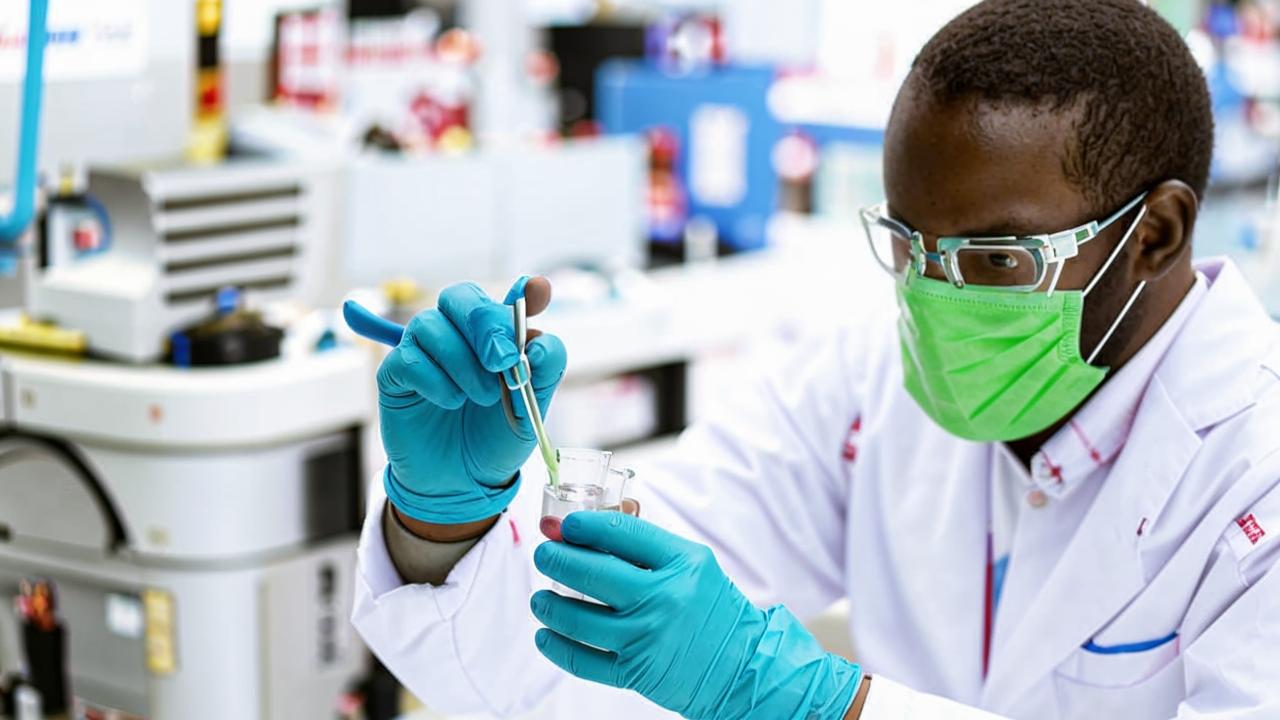
Candidate of Medical Sciences, Director of Laboratory Medicine and Production, LabQuest Laboratory
“Regular checkup can be compared to car maintenance – early detection of problems makes it easier, faster and more effective to fix them. Although the body is much more complex than a car, in most cases it gets much less attention. Let me tell you how important a checkup program is and how often you should have it done.”
What is a checkup
A checkup is a comprehensive medical examination that includes various tests and examinations to assess overall health and detect hidden disorders at early stages. It is a key element of modern preventive medicine, which aims not to treat diseases that have already occurred, but to prevent their emergence.
Early detection of the first signs of diseases can significantly reduce their damage to the body and even completely level it. In addition, regular checkup gives the opportunity to control existing chronic diseases, preventing their exacerbation.

Modern checkup includes a wide range of tests, from standard blood and urine tests, which can tell a lot about the state of the body, to more specialized studies, such as genetic tests that assess the risks of developing hereditary diseases.
Despite the wide variety of tests that can be included in a checkup, the main focus in most cases is on laboratory diagnostics.
It makes it possible to assess the state of the organism at the molecular level: genome activity, synthesis of proteins and other molecules that play a key role in maintaining health. Of course, other diagnostic methods such as ultrasound and tomography are also important.
It is worth noting the particular importance of an individualized approach. It can be compared to photography – for the best possible result, the photographer must take into account the environment and adjust the equipment accordingly.
By the same principle, when “photographing” the body, the doctor pays attention not only to the standard set of studies, but also develops an individual examination program based on age, gender, hereditary predisposition to certain diseases, lifestyle and occupational risks of the patient. This allows to identify potential health threats as accurately as possible and develop a strategy to prevent them.
The role of the specialist does not end there. The results of the checkup do not exist “in a vacuum” – based on them, the doctor can develop recommendations for adjusting lifestyle, nutrition, physical activity and, if necessary, start medication or other medical procedures.

Of course, even a single checkup is better than its absence, but the most complete information is given by tracking indicators in dynamics – it is recommended to undergo it once a year. In this way, the diagnosis becomes not just a snapshot of the state of health, but a long-term program to maintain and improve it.
Checkup: basic components
As it often happens, the most difficult thing is to start. If you want to undergo a body checkup for the first time and have no specific health complaints, you should start with the risks that are present in a person of every sex and at almost any age.
First of all, these are cardiovascular diseases. The number one test in modern cardiology is the high-sensitivity troponin. This is a proper study that assesses exactly the risk in healthy people, although it is also used for confirmation when a heart attack is suspected. The second indicator is NT-pro-BNP, which is designed to assess the risk of cardiovascular failure.
Another problem that WHO calls a “worldwide epidemic” is metabolic syndrome and diabetes mellitus. Here, the main marker of the risk of developing diabetes will be the glycated hemoglobin test. Another component of the universal checkup is the lipid profile. Minimally, three tests are required: non-HDL-cholesterol, lipoprotein (a) and triglycerides.
You should find out your lipid profile as early as possible – it gives you more time to correct it. And since liver dysfunction is at the root of all the above-mentioned problems, it is recommended to include in the checkup the NES-fibrotest, which can determine not only the degree of liver fibrosis non-invasively, but also detect steatosis and signs of metabolic-associated fatty liver disease (MAFLD) at an early stage.
The kidneys should not be overlooked – like the liver, this organ is “sick in silence”. Here you need a study that many are familiar with – a general urine analysis. It is worth noting that the informativeness of this study strongly depends on the equipment of the laboratory – modern analyzers and advanced technologies can detect early signs of chronic kidney disease (CKD), acute kidney injury, the development of urolithiasis and even detect atypical cells that can serve as early signals of bladder cancer.

The same principle applies to the general blood test, which has a place in any checkup. Being performed on modern, high-quality equipment, outwardly trivial blood test can show a lot of things: lack of vitamins and trace elements necessary for hematopoiesis, the presence of inflammatory processes and much more.
When making a checkup, it is recommended to check the levels of vitamins and trace elements. There are a lot of them, but at the initial checkup it is enough to limit ourselves to vitamin D – the majority of the Russian population experiences its lack or deficiency, the consequences of which affect many aspects of our body.
A modern person living in a megalopolis should also be concerned about the health of his lungs. Quantiferon test is used as part of the primary checkup to exclude tuberculosis. Contrary to the stereotype, this infection is not only widespread among prisoners – its latent form may not manifest itself for years. If the test result is positive or suspicious, it is worth supplementing it with a fluorography.
Of course, it is absolutely necessary to include research on the risk of cancer. Women and men need different tests – prostate specific antigen is required to diagnose prostate cancer, while for women a co-test is recommended: liquid cytology of cervical and cervical scrapings plus a human papillomavirus (HPV) test.

The importance of regular checkups in preventing disease
Regular body checks are not just a medical service, but an entire philosophy of taking care of your own health. It emphasizes that it is much easier and cheaper to prevent disease than to treat its consequences. And preventive medicine proves the effectiveness of this approach, making the checkup an integral part of taking care of one’s own health.





